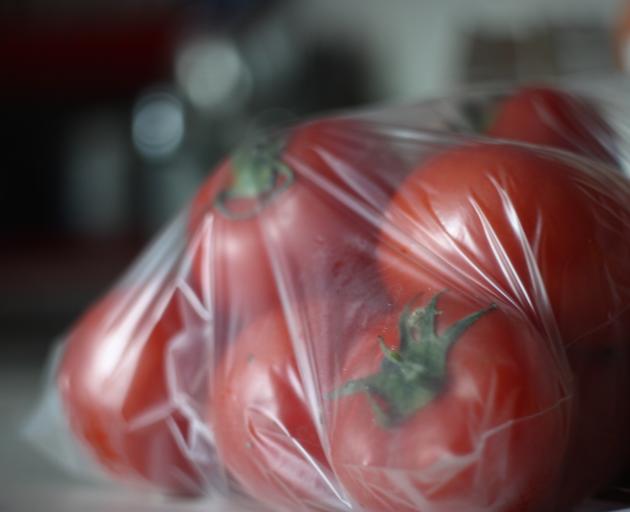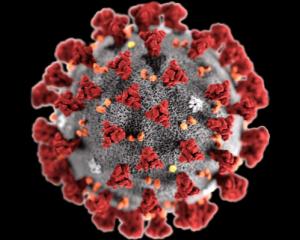
Over the past couple of weeks the New Zealand Herald has witnessed numerous shoppers tear off extra produce bags and placing them in their trolleys, empty.
While bags are needed to group loose fruit and vegetables during the grocery run, it poses the question as to why paper or mesh alternatives have not been rolled out.
A spokeswoman for Foodstuffs, which operates supermarkets New World and Pak 'N Save, told the Herald both supermarkets still offered plastic produce bags as their IT systems did not allow for alternatives when weighing items upon checkout.
"Store scales are programmed to take into account the existing plastic bags ensuring customers are charged the correct amount, but cannot accurately do this for the wide range of alternative bags customers may choose to put their produce in," the spokeswoman said.
She said Foodstuffs' IT team was working on a viable solution to allow shoppers to use other options.
"We hope to have this completed and rolled out over the next few months."
She could not confirm whether or not Pak N' Save and New World stores were now going through more plastic produce bags.
The Herald has approached Woolworths NZ, owner of Countdown, for comment.
Greg Harford, general manager of public affairs at Retail NZ, said he did not believe shoppers were now using more plastic bags from produce aisles.
"The number of plastic roll bags used in produce sections is relatively small compared to the number of plastic checkout bags that were being issued so we've made great strides over the last little while in terms of cutting down on plastic," Harford said.
Retailers were also working to reduce plastic packaging on produce, he said.
"There aren't necessarily good alternatives to that yet but I think it is certainly true that retailers are aware of the issue and are looking closely at what can be done."
Foodstuffs and Countdown, along with 15 large international brands have signed the New Zealand Plastic Packaging Declaration to commit to move to 100 per cent reusable, recyclable or compostable packaging by 2025.
"Supermarkets are doing the best that they can to meet customer demands and think about the environment in their process," Harford said.
"This is a challenge facing the food sector internationally."
A spokesperson for the Ministry for the Environment said plastic produce bags, which it referred to as "barrier bags", were not included in the mandatory phase out of single-use plastic bags which takes effect from July 1 as they were important for maintaining food hygiene and to enable retailers to meet obligations under the Weights and Measures Act 1987.
What about paper bags?
A spokeswoman for Foodstuffs said the supermarket did not offer paper produce bags as there was a weight limit associated with them.
"The focus at the moment is removing excess plastic from produce and ensuring in the long-term customers can bring reusable bags – introducing a range of produce paper bags is simply replacing one type of packaging for another. We don't believe this is the right solution for the long-term," the spokeswoman said.
Countdown's response was much of the same: "We don't just want to provide our customers with a slightly better alternative. We want to provide them with viable, long-term solutions."
Countdown, operated by Woolworths NZ, is currently trialling paper bags in the bakery section of some stores. It plans to roll these out to all 180 stores.
Comments
"Countdown's response was much of the same: "We don't just want to provide our customers with a slightly better alternative. We want to provide them with viable, long-term solutions".
Meaning they want to make as much money as possible from their customers and this includes making them pay for plastic bags.












